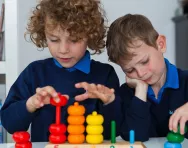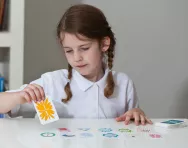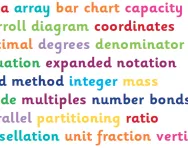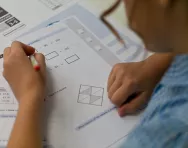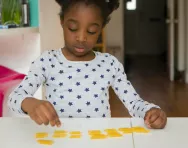TheSchoolRun.com closure date
As we informed you a few months ago, TheSchoolRun has had to make the difficult decision to close due to financial pressures and the company has now ceased trading. We had hoped to keep our content available through a partnership with another educational provider, but this provider has since withdrawn from the agreement.
As a result, we now have to permanently close TheSchoolRun.com. However, to give subscribers time to download any content they’d like to keep, we will keep the website open until 31st July 2025. After this date, the site will be taken down and there will be no further access to any resources. We strongly encourage you to download and save any resources you think you may want to use in the future.
In particular, we suggest downloading:
- Learning packs
- All the worksheets from the 11+ programme, if you are following this with your child
- Complete Learning Journey programmes (the packs below include all 40 worksheets for each programme)
You should already have received 16 primary school eBooks (worth £108.84) to download and keep. If you haven’t received these, please contact us at [email protected] before 31st July 2025, and we will send them to you.
We are very sorry that there is no way to continue offering access to resources and sincerely apologise for the inconvenience caused.
How to help with maths homework: a non-expert's guide
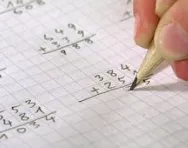
Your child brings you their maths homework and points out an instruction they don’t understand and asks for your help. Do you, a) bumble your way through? b) brush your child off, claiming you are ‘too busy’ to help, or c) approach the problem with the confidence that you know the answer?

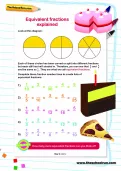
Start a unique learning programme!
- Weekly programme for each school year
- Worksheets sent direct to your inbox
- Keeps your child's learning on track
For many parents, the first two answers are the most common. Maths is taught in a different way from ‘our day’ and according to recent research, many adults lack basic numeracy skills with their maths knowledge being on par with a 10-year-old.
"I just can’t do maths"
Parents say this regularly but it doesn’t help their children argues Matt Revill, a deputy head teacher and author of I Know My Time Tables and The Parents’ Guide to Year 2 Maths. Revill says that parents probably have more maths skills than they realise: “Look for the uses of number all around us and see how you use these skills in everyday life, for example, timetables for buses, measuring weights or working out the family budget. How lost would you be without these skills that you do almost automatically now? Once you break down all of the different times in a day you use numbers and solve problems, you will start to see that you actually are a good mathematician!”
Revill warns against appearing negative, or speaking negatively, about maths to your children. “Children look to their parents for everything and if they see or feel you being negative about something, they will react the same way,” he explains. “Even if the idea of maths fills you with dread, try to be as positive as possible. This will help your child see it is something not to be scared of and will hopefully make their maths learning more enjoyable...and therefore easier for them!”
"How can I help my child when I’m not sure of the answers?"
Parents often think they must be fountains of knowledge with answers on tap, but many of us are stumped by our children's inquisitive questions. However, Revill suggests not knowing the answers every time might actually be helpful when your child is learning. “Children respond so much better if they see us as learning together with them,” he says. “I often used to find aspects of maths work difficult or worried about spellings but I always tell the children that we are learning together and need their help to support both my own learning as well as theirs.”
One easy way you can support your child’s maths learning is to get them to help out with the maths you do in everyday tasks. “Involve them in weighing out ingredients in the kitchen, ask them to help add up the shopping bill or see if they can work out how long it is until the next bus arrives. These simple tasks help them see the everyday application of maths,” says Revill. “Using fun games, songs and activities with children will also really help with learning together. Children learn best when they are having fun and playing maths games together is a great way to spend time with your child and support their learning.”




